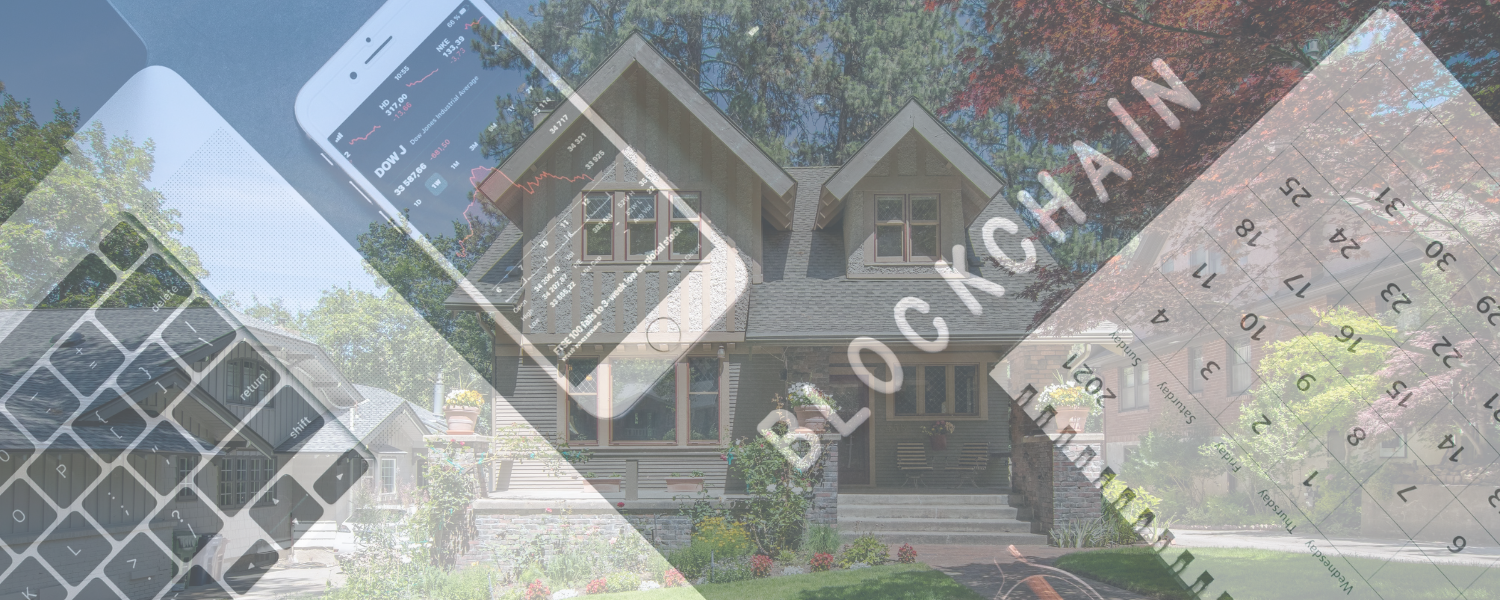In the world of real estate, staying at the forefront of technological advancements is crucial for both agents and clients. One such innovation that has the potential to revolutionize the industry is blockchain technology. Blockchain, originally known for its role in cryptocurrency, offers a secure and transparent way to conduct real estate transactions. In this comprehensive guide, we will explore the exciting and transformative role of blockchain in real estate transactions, shedding light on how this technology can streamline processes, enhance security, and ultimately benefit all parties involved.
Introduction
The real estate industry has long been known for its complexity and the myriad of challenges associated with property transactions. From securing property titles to managing contracts and dealing with intermediaries, the traditional process can be cumbersome and time-consuming. However, with the rise of blockchain technology, the industry is poised for a transformation that promises greater efficiency, transparency, and security in real estate transactions.
Challenges in Traditional Real Estate Transactions
Before we dive into how blockchain can revolutionize real estate, it’s essential to understand the challenges inherent in traditional real estate transactions. From the risk of fraud to the delays associated with paperwork, there’s a clear need for innovation in this space. Blockchain technology addresses many of these challenges head-on.
How Blockchain Works in Real Estate
Blockchain’s core innovation lies in its ability to facilitate secure and transparent transactions through the use of decentralized ledgers. Smart contracts, self-executing contracts with the terms directly written into code, are a key component of blockchain technology. We’ll explore how smart contracts and blockchain networks can reshape real estate transactions, making them more efficient and reliable.
Benefits of Blockchain in Real Estate
One of the most compelling reasons for the adoption of blockchain in real estate is the promise of enhanced security and data integrity. We’ll delve into how blockchain’s immutability and encryption mechanisms provide a new level of trust in real estate transactions. Additionally, we’ll discuss how blockchain can streamline the entire process, reducing costs and making real estate transactions more accessible on a global scale.
Use Cases: Real-World Examples
Blockchain has already started making its mark in the real estate industry. We’ll explore real-world examples of how blockchain is being utilized, from property title management to the tokenization of real estate assets, enabling fractional ownership and opening up new opportunities for investors and homeowners alike.
Challenges and Adoption Hurdles
Of course, implementing blockchain in real estate isn’t without its challenges. Regulatory compliance, education, and the need to integrate blockchain with existing systems are significant hurdles that need to be overcome. We’ll examine these challenges and discuss potential solutions to foster blockchain adoption.
The Future of Real Estate Transactions with Blockchain
As we look ahead, the possibilities of blockchain in real estate seem boundless. We’ll explore emerging trends and potential developments that could reshape the industry in the coming years. It’s essential for real estate professionals to prepare for this blockchain revolution.
Best Practices for Real Estate Professionals
It’s the best practices for real estate professionals looking to embrace blockchain in their practice. This includes incorporating blockchain into your workflow, educating clients and partners, and staying informed about the latest developments in this exciting and transformative technology.
Conclusion
Blockchain technology holds immense potential for revolutionizing real estate transactions, offering greater security, efficiency, and transparency. The challenges of traditional real estate processes can be addressed with the implementation of blockchain, making it a game-changer in the industry. As real estate professionals, it’s crucial to not only understand the technology but also be prepared for its integration into our everyday practices. The future of real estate transactions is poised to be more secure and accessible, and those who embrace blockchain will be at the forefront of this exciting transformation. Are you ready to ride the wave of innovation and explore the incredible role of blockchain in real estate transactions?





